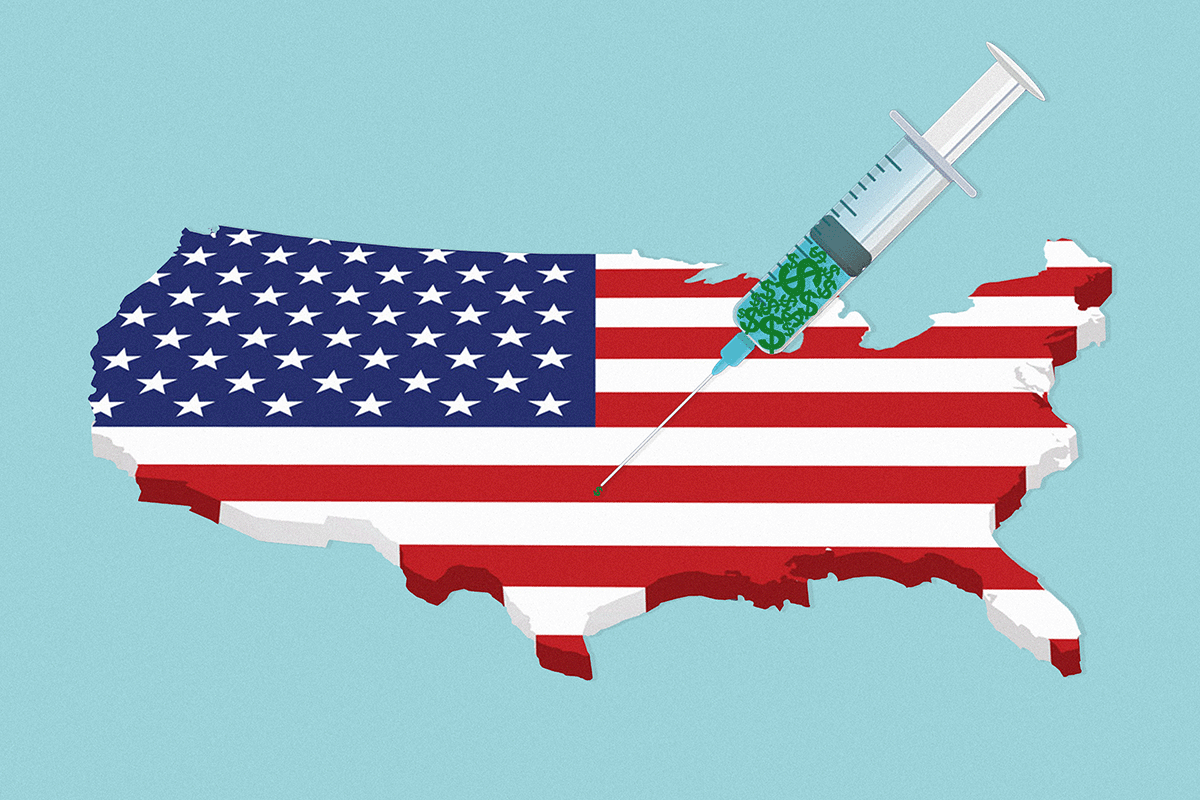Economics Column
Biden’s Infrastructure Bill Will Only Cause Inflation
How responsible is Biden’s spending spree?

On the 11th March, President Biden signed off his $1.9tn Covid relief bill, making it law. However, with this being a record breaking amount of stimulus being injected into the American economy, what are the benefits and risks?
The problem with expansionary fiscal policy is that it can lead to higher inflation, and a study by the Bank of America shows that Inflation has overtaken the pandemic as being investors worst fears. However Janet Yellen, the Treasury Secretary said: "Is there a risk of inflation? I think there's a small risk. And I think it's manageable".
I think that the US might very well see an increase in inflation over the next year or so, as demand begins to rise as a result of the Biden Stimulus Bill and when demand begins to recover from the fall at the beginning of the pandemic. Also with quick vaccination programmes and lockdowns beginning to be lifted in some countries, we could see an increase in oil prices, due to the increase in travel and demand for petrol and oil, especially when international travel recovers. Oil prices have a great effect on inflation, as oil is needed to transport goods.
What are the pros of Biden's bill? Yellen said that with the stimulus package the US could be close to full employment by the end of next year. Which would be a huge achievement considering at the height of the pandemic worker unemployment rates were at 14.7% (and have since dropped to 6% - albeit still high for the US). Also the investment made by this government will ultimately aid future economic growth too, $621bn is going towards roads and bridges and $100bn is going to broadband, which as working from home or "virtually" is here to stay, is essential to making this work.
So to conclude, it will be interesting to see if Biden's plan will help to return America to near full employment by 2022 without causing huge inflation. But there are definitely many positives to his scheme too, which will help to aid future long term growth. On one last note Larry Summers (Former Treasury Secretary) said: "This is the least responsible macroeconomic policy we had in the last 40 years, I think it’s fundamentally driven by intransigence on the Democratic left and intransigence and the completely irresponsible behaviour in the whole of the Republican Party." So this raises the question, to what extent is this policy driven by politics rather than economics?
Let me know your thoughts: thomas.larner@brieflymacro.com